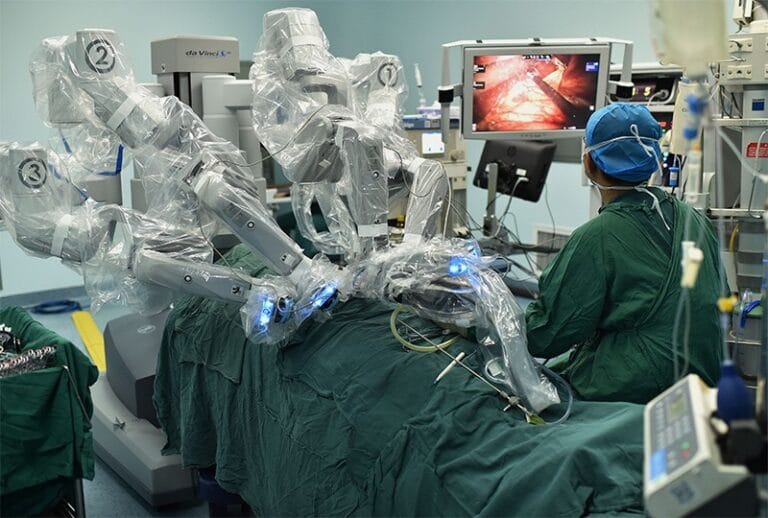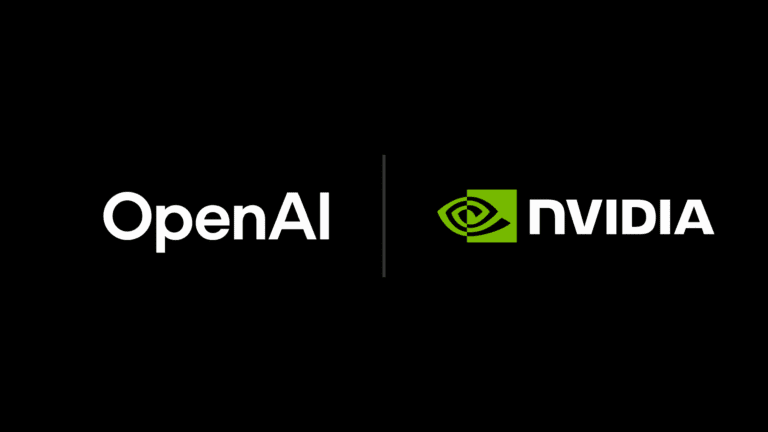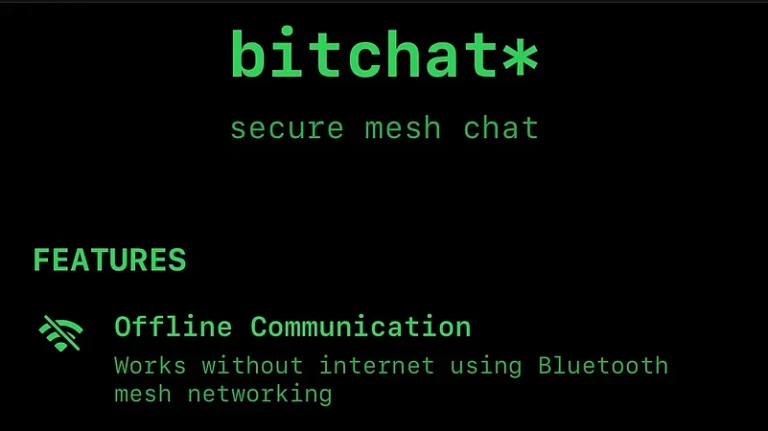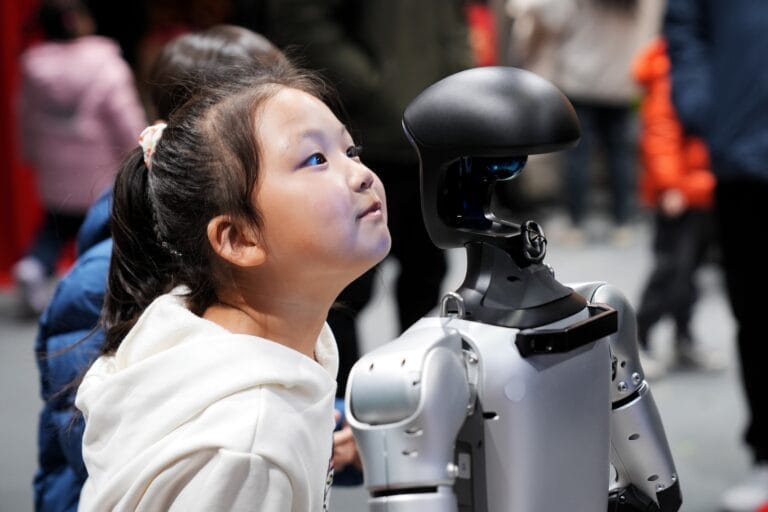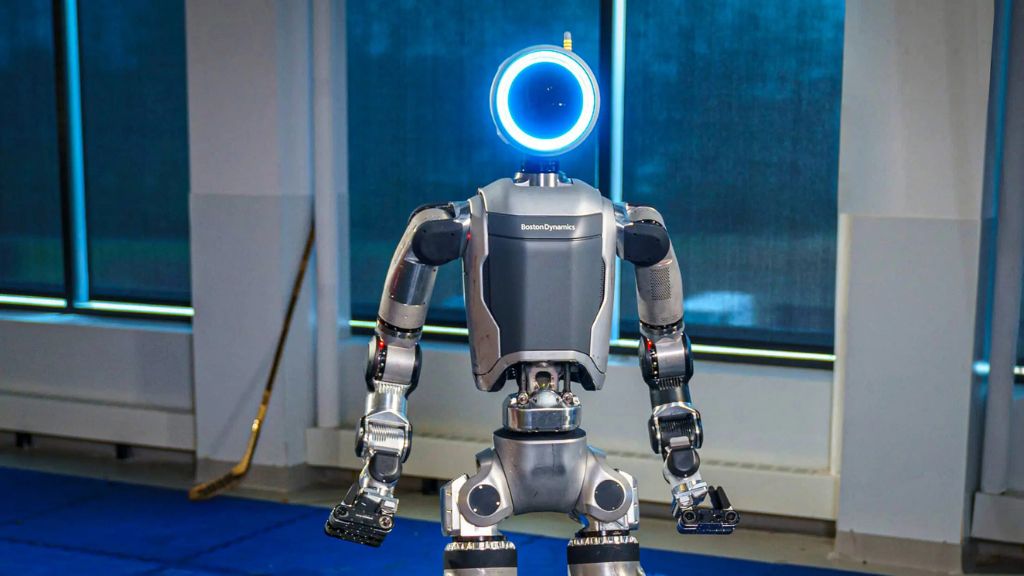
Boston Dynamics and Toyota Research Institute Join Forces to Advance Humanoid Robotics
In an ambitious move that merges cutting-edge robotics with artificial intelligence, Boston Dynamics and the Toyota Research Institute (TRI) announced their partnership on October 16, 2024, aiming to accelerate the development of humanoid robots. This collaboration brings together Boston Dynamics’ renowned hardware expertise, particularly with its electric Atlas robot, and TRI’s advancements in large behavior model (LBM) learning.
A Leap Towards Autonomous Humanoid Robots
The partnership seeks to integrate TRI’s AI capabilities with Boston Dynamics’ Atlas robot, a platform known for its agility and advanced mobility. The goal is to create robots that are not only capable of performing physically demanding tasks but can also operate autonomously in complex environments. This synergy aims at deploying robots in various sectors, from manufacturing, where they might handle hazardous and repetitive jobs, to assistive roles in elder care, showcasing the wide potential application of this technology.
Strategic Goals and Vision
Robert Playter, CEO of Boston Dynamics, expressed enthusiasm about the partnership, stating, “There has never been a more exciting time for the robotics industry.” The collaboration is seen as a step towards developing general-purpose humanoids that can amplify human capabilities and enhance quality of life. The initiative isn’t just about commercial products but focuses on fundamental research to push the boundaries of what robots can do.
Implications for the Future
This partnership could potentially revolutionize several industries. In manufacturing, for example, AI-powered robots could take over tasks that are unsafe or monotonous for humans, increasing efficiency and safety. In the realm of personal assistance, these robots could provide support in everyday tasks, significantly impacting how care is provided to the elderly or those in need.
The collaboration has sparked discussions across social platforms, with enthusiasts and experts alike weighing in on the implications. Posts on X highlight the excitement around the practical applications of combining Boston Dynamics’ hardware with TRI’s AI research, particularly in making the Atlas robot not just a marvel of physical capabilities but also of intelligent interaction.
Challenges Ahead
Despite the optimism, integrating high-level AI with robotics to achieve true autonomy and versatility in various tasks remains a complex challenge. The partnership will have to navigate through the technical difficulties of teaching robots to adapt in real-world scenarios with the same efficiency as they might in controlled environments.
Looking Forward
As Boston Dynamics and TRI move forward, the world watches eagerly. This partnership not only represents a fusion of hardware and software expertise but also embodies the growing trend of collaborative innovation in tech. If successful, this could mark a significant milestone in the journey towards making humanoid robots a common feature in daily life, transforming industries, and perhaps, how we interact with technology at a fundamental level.
